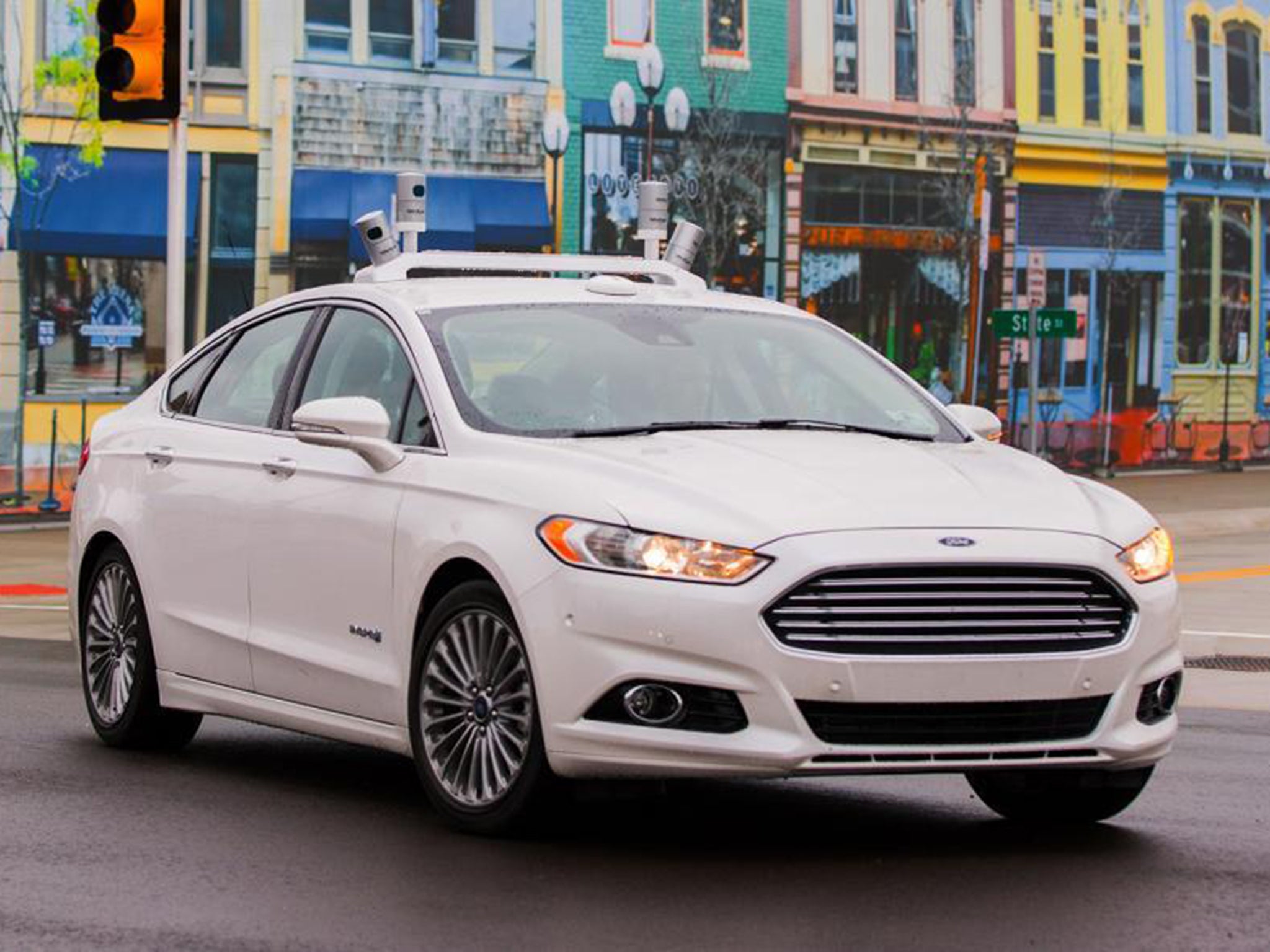Autonomous cars: Examining what effect they will have on your insurance
As driverless cars get nearer, the insurance industry ponders the implications

With the adoption of fully autonomous cars to become a reality reasonably soon, the insurance industry has formed a group specifically to represent them in discussions with the government, and to work through the legal issues that will inevitably arise.
The Automated Driving Insurance Group already has companies like Admiral, Allianz, AXA, Direct Line and Zurich on board, among 11 companies signed up. The group will work under the Association of British Insurers (ABI), an association that says human error accounts for 94% of road accidents.
Clearly, if we pesky humans are taken out of the equation, that figure should fall away. Thatcham Research conclude that by 2025 insurance premiums could fall by 50% and by 2040 they could have fallen by 80%.
There are some hurdles to jump before those sort of benefits accrue. For example, it needs to be decided who is at fault if an autonomous vehicle crashes when in fully autonomous mode. Is that the manufacturer or the driver? There are other issues around data gathering, and the patchwork of legislation across European countries which will need to be harmonised.
Companies like Volvo and Mercedes-Benz are reported to be willing to accept responsibility if one of their cars crashes in full autonomous mode. So too is Google. Others, like BMW, say it’s not so simple. One insider there simply said: ‘Technology can reduce accidents by 90% - but there will always be situations where it can’t.’
What if the car decides to hit a pedestrian instead of another vehicle? What if the car was going too fast for the conditions, but that speed was initially set by the driver? It’s no surprise that companies are bringing in psychologists to help write the software.
The insurance industry is keen to show itself involved in the process of automating transport, and are very keen to be seen as helping the process rather than hindering it. James Dalton, director of general insurance policy with the ABI said: ‘Contrary to what some people might expect, insurers are not standing in the way of this development but actively looking to support progress and innovation.’
Subscribe to Independent Premium to bookmark this article
Want to bookmark your favourite articles and stories to read or reference later? Start your Independent Premium subscription today.

Join our commenting forum
Join thought-provoking conversations, follow other Independent readers and see their replies